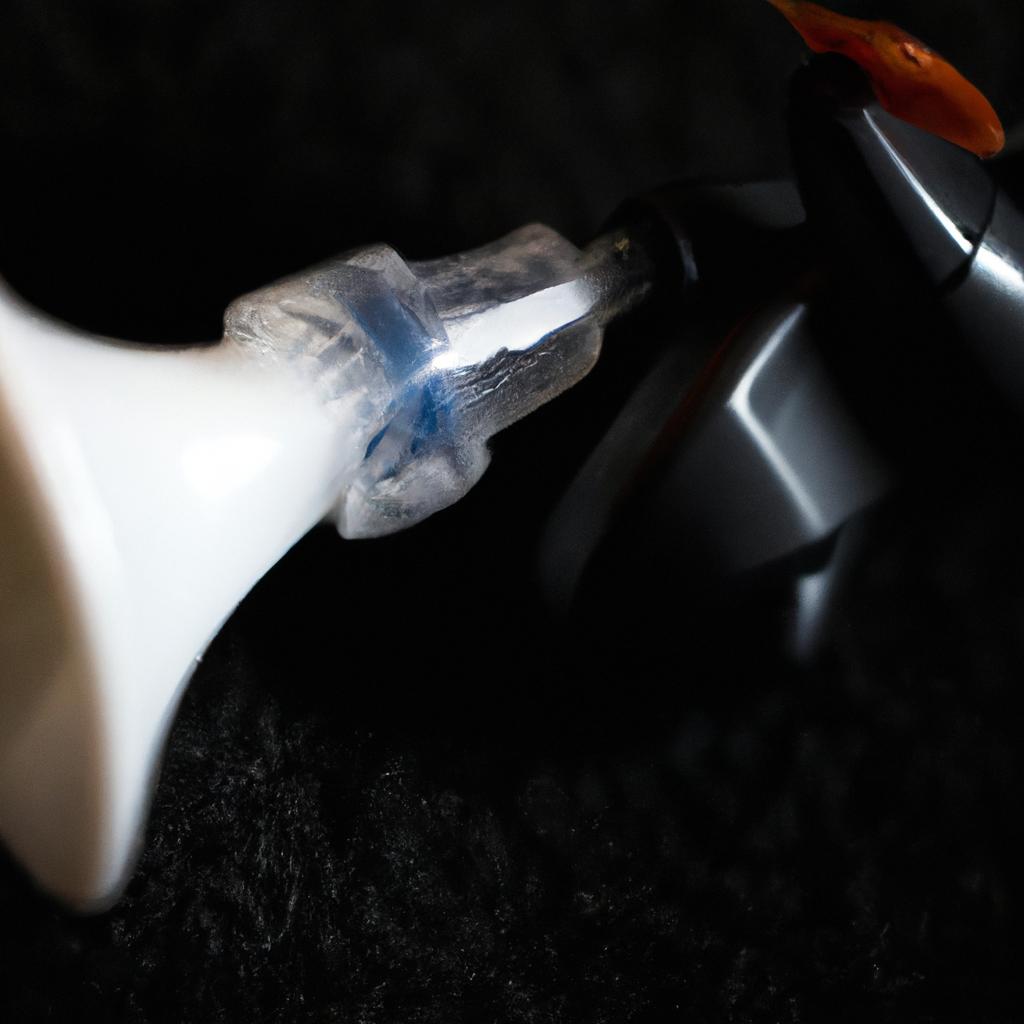Breathwork and Active Recovery: Harnessing the Power of Breath for Enhanced Recovery and Performance
# Breathwork and Active Recovery: Harnessing the Power of Breath for Enhanced Recovery and Performance
In the pursuit of optimal performance and recovery, athletes and fitness enthusiasts often overlook one crucial element that can significantly impact their progress: breath. Breathwork, the practice of controlling and enhancing breathing patterns, is gaining recognition as a powerful tool for active recovery. By integrating breathwork into recovery routines, individuals can improve their physical performance, mental clarity, and overall well-being. This blog post explores the connection between breathwork and active recovery, providing insights into nutrition tips, exercise advice, and health benefits.
## Understanding Breathwork
### What is Breathwork?
Breathwork refers to various techniques and practices that focus on conscious breathing to promote physical, mental, and emotional well-being. These techniques can range from simple deep breathing exercises to more complex practices like pranayama or holotropic breathwork. The core principle of breathwork is that by controlling our breath, we can influence our autonomic nervous system, reduce stress, and promote relaxation.
### The Role of Breath in Recovery
During periods of active recovery, incorporating breathwork can help accelerate the body’s healing processes. Breathwork enhances oxygen delivery to muscles, reduces lactic acid buildup, and facilitates the removal of toxins. By integrating specific breathing techniques, athletes can enhance their recovery and prepare their bodies for the next training session or competition.
## Nutrition Tips
To complement breathwork and active recovery, nutrition plays a vital role. Here are some tips to optimize your diet for enhanced recovery:
1. **Stay Hydrated**: Proper hydration is essential for effective recovery. Water aids in nutrient transportation and helps maintain optimal bodily functions. Aim to drink at least half your body weight in ounces of water daily, and consider adding electrolytes after intense workouts.
2. **Incorporate Anti-Inflammatory Foods**: Foods rich in antioxidants, such as berries, leafy greens, and nuts, can help reduce inflammation and promote faster recovery. Incorporate omega-3 fatty acids found in fish, flaxseeds, and walnuts, as they also support muscle repair.
3. **Prioritize Protein**: Adequate protein intake is crucial for muscle recovery. Incorporate lean proteins such as chicken, turkey, legumes, and plant-based protein sources into your meals to support muscle repair and growth.
4. **Balanced Meals**: Ensure your meals are balanced with a mix of carbohydrates, proteins, and healthy fats. Carbohydrates replenish glycogen stores, while healthy fats support overall health and hormonal balance.
## Exercise Advice
Integrating breathwork into your active recovery routine can maximize its benefits. Here are some effective practices:
1. **Diaphragmatic Breathing**: This technique involves deep breathing from the diaphragm rather than shallow chest breathing. Lie on your back, place one hand on your chest and the other on your abdomen, and inhale deeply through your nose, ensuring your abdomen rises while your chest remains still. Exhale slowly through your mouth. Practicing this for 5-10 minutes can enhance relaxation and oxygen flow.
2. **Box Breathing**: This method involves inhaling, holding, exhaling, and pausing for equal counts (e.g., 4 seconds each). This technique not only calms the mind but also enhances lung capacity and oxygen efficiency.
3. **Active Stretching with Breath**: Incorporate breathwork into your stretching routine. Inhale while lengthening your muscles and exhale while deepening the stretch. This conscious connection between breath and movement can enhance flexibility and promote relaxation.
4. **Incorporate Mindfulness**: Pairing breathwork with mindfulness practices, such as yoga or meditation, can further enhance recovery. These practices encourage a holistic approach to recovery, focusing on both the body and mind.
## Health Benefits
The advantages of incorporating breathwork into an active recovery routine extend beyond physical benefits. Here are some key health benefits:
1. **Reduced Stress and Anxiety**: Breathwork has been shown to activate the parasympathetic nervous system, promoting relaxation and reducing anxiety levels. This can be particularly beneficial after intense workouts or competitions.
2. **Improved Sleep Quality**: Optimal breathing techniques can enhance sleep quality by promoting relaxation and reducing tension. Improved sleep is essential for recovery, as it allows the body to repair and regenerate.
3. **Enhanced Focus and Mental Clarity**: Breathwork can help sharpen focus and mental clarity, which is vital for athletes. A clear















Post Comment